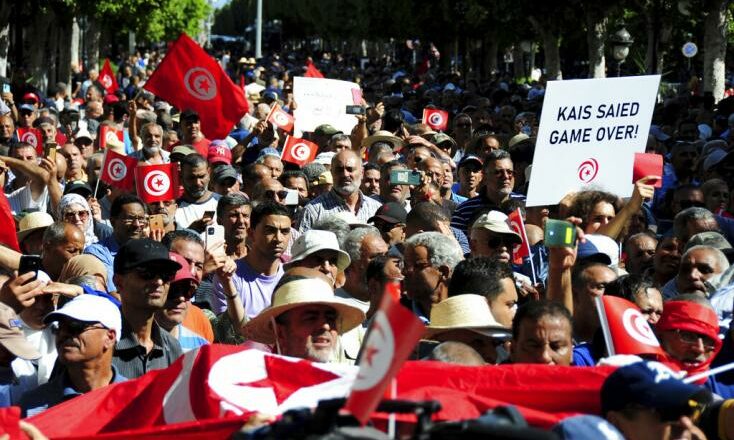Tunisia has recently reaffirmed its stance on the situation in Syria, calling for the preservation of Syrian state unity and the avoidance of its fragmentation.
In an official statement, the Tunisian Ministry of Foreign Affairs emphasized the need to guarantee the safety of the Syrian people and maintain a « unified and fully sovereign » Syrian state. It also underscored the importance of respecting the will of the Syrian people, without external interference, and fostering a peaceful political transition.
« We reject any form of interference in Syria’s internal affairs, » stated Tunisian diplomacy. The country expressed its solidarity with the Syrian people, stressing that they must be the sole masters of their destiny and calling for a resolution to the conflict that preserves the integrity, independence, and stability of the country after the fall of Bashar al-Assad’s regime.
However, this Tunisian position seems contradictory to the country’s internal political situation. Although Tunisia was at the forefront of the Arab revolutions in 2011, it is now led by an authoritarian regime, marked by increasing restrictions on public freedoms.
Since President Kaïs Saïed’s rise to power, political opponents, journalists, and activists have been regularly repressed, and civil liberties have been severely limited.
This contrast raises an important question: how can a regime that suppresses fundamental freedoms within its own borders call for sovereignty and self-determination for another country, while sidelining democratic principles inside its own borders?
While Tunisia advocates for a peaceful and sovereign solution in Syria, its despotic regime is pursuing an increasingly authoritarian policy that seems far removed from the democratic ideals it promotes internationally.

